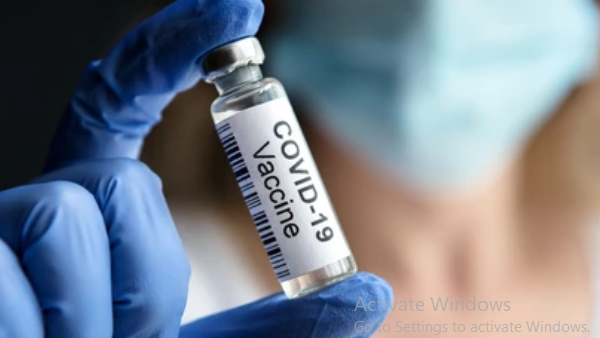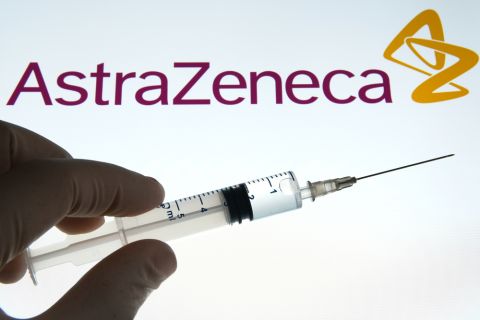ALBAWABA In a recent development, the European Medicines Agency (EMA) has updated its findings on the Oxford-AstraZeneca COVID-19 vaccine, linking it to rare cases of blood clots accompanied by low blood platelets. This comes after an initial investigation last month found no convincing link between the vaccine and these rare side effects.
The EMA's latest announcement categorizes unusual blood clots with low platelets as a possible "very rare side effect" of the AstraZeneca vaccine. However, the World Health Organization's (WHO) Global Advisory Committee for Vaccine Safety (GACVS) has issued an interim advisory stating that while a causal relationship between the vaccine and these blood clots is plausible, it has not been confirmed.
Both organizations emphasized that despite these findings, the benefits of the AstraZeneca vaccine in preventing deaths and severe illness from COVID-19 outweigh its risks. The EMA reviewed data from 34 million AstraZeneca vaccinations, while the WHO analyzed information from 190 million doses administered globally.
These announcements highlight the effectiveness of adverse events monitoring systems, designed to detect rare side effects not identified during clinical trials. Even after vaccines are licensed, their safety continues to be monitored, with any relevant side effects investigated thoroughly.
The blood clots causing concern include cerebral venous sinus thromboses (CVST), occurring in the veins draining blood from the brain, which can be fatal. Clots also occurred in the abdomen (splanchnic vein thrombosis, or SVT) and arteries. In most cases, these clots were accompanied by thrombocytopenia, characterized by abnormally low platelet counts and sometimes bleeding.
While it might seem paradoxical for clots and low platelets to occur simultaneously, similar conditions, such as heparin-induced thrombocytopenia (HIT), exist. Some scientists suggest a similar mechanism could be at play with the AstraZeneca vaccine, where antibodies triggered by the vaccine cause platelet clumping and clot formation.
The EMA's review identified 62 cases of CVST and 24 cases of SVT reported in the EU drug safety database, with 18 resulting in fatalities. Most cases occurred in women under 60 within two weeks of vaccination. Notably, no increased risk was observed among older vaccine recipients.
Despite the rarity of these events, some countries have chosen to restrict the use of the AstraZeneca vaccine in younger individuals as a precautionary measure. Healthcare professionals are urged to be vigilant for clot-related symptoms and to seek medical advice promptly if necessary.
As investigations continue and more data become available, regulators and health authorities remain committed to ensuring the safety and efficacy of COVID-19 vaccines for all.








